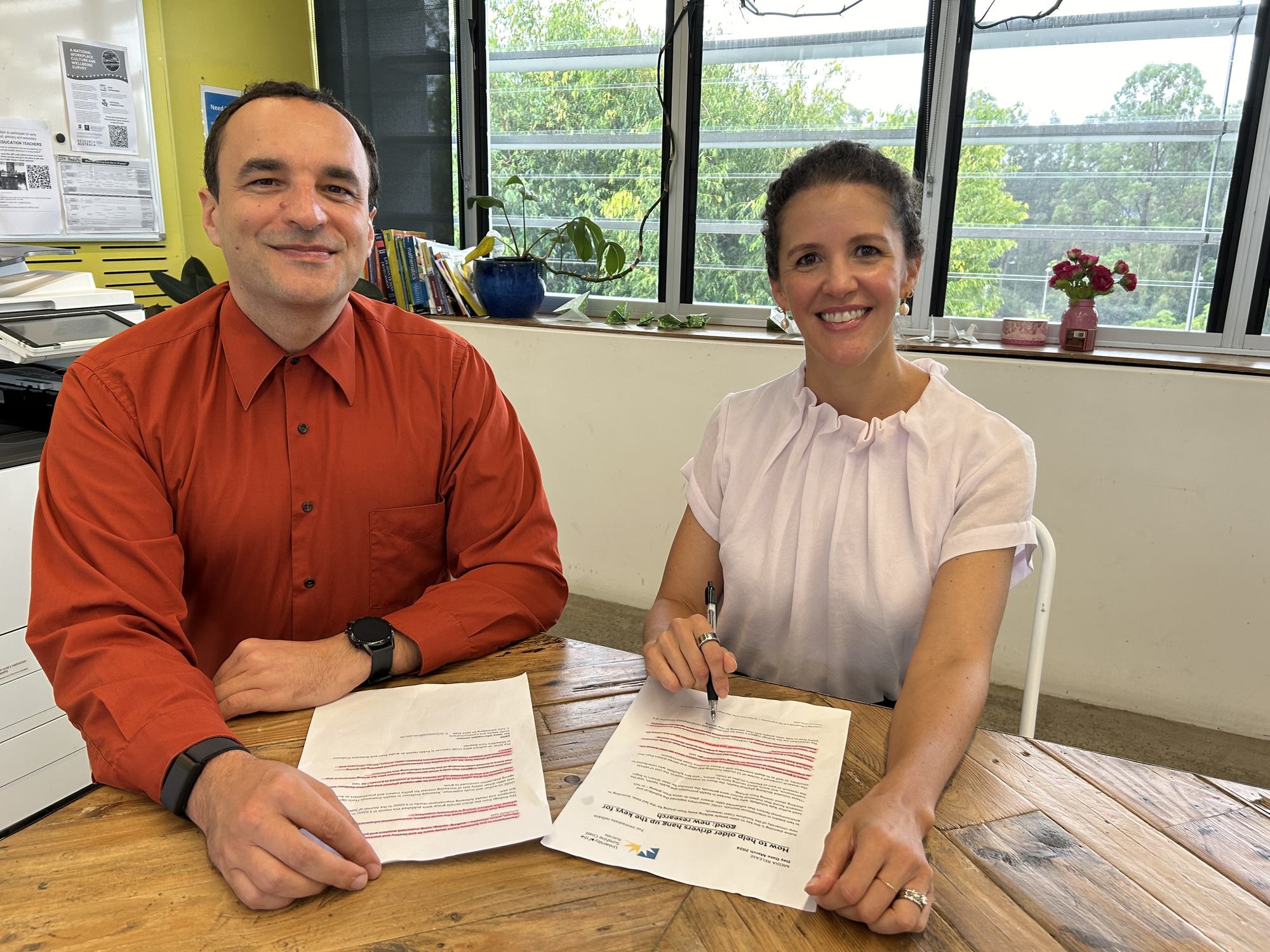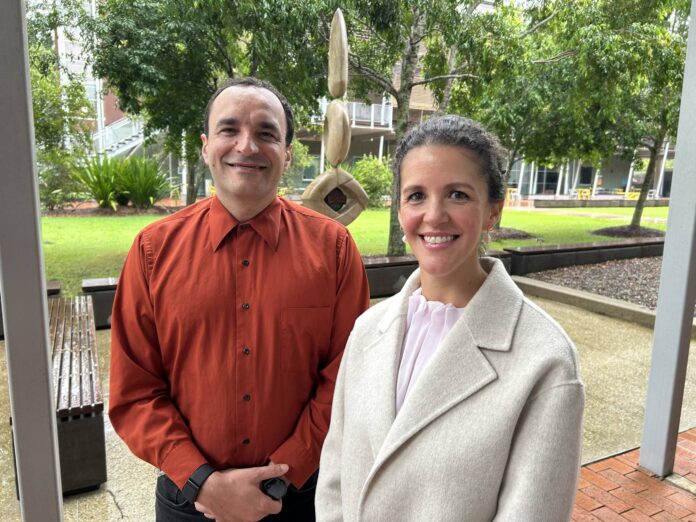More could be done to help older Australians walk away from driving, according to new research from the University of the Sunshine Coast.
In two papers in international journals, UniSC researchers explored the individual and environmental factors that influenced older drivers’ plans to retire from driving – or not.
Lead author Kyle Schofield, who has worked in health promotion and public health, said the research found that individual factors were generally the stimulus for older drivers to begin thinking about retiring from driving.
“These included declining physical health, the desire to maintain control, the cost of vehicle maintenance and worry about causing harm to others,” she said.
Ms Schofield contributed to the research as part of her master’s studies at UniSC. The research combined a review of 12 studies, including 600 older and retired drivers from four countries, as well as in-depth interviews with a dozen Sunshine Coast participants.
Do you have an opinion to share? Submit a Letter to the Editor at Sunshine Coast News via news@sunshinecoastnews.com.au. You must include your name and suburb.
“There is good evidence in international literature that conversations about life after driving are an important motivator in planning for driving retirement,” she said.
“Yet, our local participants reported that they did not receive feedback on their driving, therefore feedback from family, peers and doctors did not play a large role in their decision-making.

“This identifies a great opportunity to encourage and improve conversations about this critical life event in our community.”
The research also found that access to neighbourhood facilities, infrastructure such as continuous footpaths and pedestrian crossings, and available alternative transport were significant influences.
The researchers say the findings suggest a need for coordinated and comprehensive resources at a policy level to help older people with their planning to stop driving.
“Participants in the Sunshine Coast study were fit and healthy and wanted to continue living vibrant, active lifestyles – walking, cycling, using motorised scooters and public transport,” Mrs Schofield said.
“Ensuring that older people have the social support, environmental infrastructure and policies to achieve this without driving is extremely important.”
The findings from the direct sample group were published this month in a paper in the Journal of Transport and Health following international results in a paper in the Journal of Safety Research last year.

UniSC co-author and study supervisor Associate Professor in Health Promotion Florin Oprescu said older driver safety was of increasing interest for policy makers and practitioners as Australia’s ageing population continued to grow.
“The capacity to drive safely may be affected by age-related physical and cognitive declines, while older drivers are also at increased risk of serious injury if involved in a crash,” he said.
“Previous evidence suggests that only a small percentage of drivers plan for driving retirement and that there is limited understanding of the factors influencing this behaviour.
“This research shows how we can normalise the conversation around planning for driving retirement and support respectful conversations between older drivers, family, clinicians and peers.”
The other co-authors were UniSC Lecturer in Public Health Dr Bridie Kean and Associate Professor in Midwifery Terri Downer.
Help keep independent and fair Sunshine Coast news coming by subscribing to our FREE daily news feed. All it requires is your name and email at the bottom of this article.





